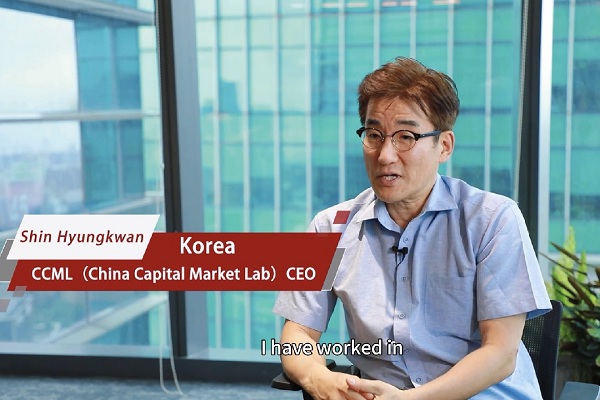Fortive increasing investment, localization efforts
Fortive Corp is increasing its investment and localization efforts in China, particularly in the manufacturing, energy and electric vehicle sectors, as it seeks to capitalize on the country's rapidly evolving consumer market and industrial transformation, said a company executive.
"The company has seen remarkable achievements in the country in core areas like manufacturing, medical, energy and transportation against the backdrop of China's in-depth implementation of its innovation-driven development strategy and industrial upgrade," said Jasper Ang, president of Fortive Asia.
"While there will always be cycles of ups and downs, we see significant long-term opportunities in China, which is why we are committed to continuing our investment in the country," he said on the sidelines of the China International Import Expo held in Shanghai last week.
"Our operating companies have been in the market for decades and have the experience to navigate these fluctuations, and we believe that any challenges we face are temporary. This provides us with valuable time to build our capabilities for the future."
According to Fortive's 2023 annual report, China represented 12 percent of the company's total sales in 2023.
"Fortive currently operates four manufacturing plants across China, located in Shanghai, Wuhu and Tianjin. The share of products manufactured locally for the Chinese market has been steadily increasing, reflecting the growing importance of China in its global operations," he said. "Fortive will continue to accelerate its localization efforts to meet customer needs, particularly those aligned with new quality productive forces initiatives."
Lin Boqiang, head of the China Institute for Studies in Energy Policy at Xiamen University, said foreign companies have increasingly focused on localization in China in recent years, with high-tech industries and advanced manufacturing emerging as key sectors for foreign investment.
The latest round of opening-up measures, including a shortened negative list for market access and the establishment of additional pilot free trade zones, has created a more favorable environment for foreign businesses looking to invest in China, he said.
Fortive's booth during the CIIE this year featured products and solutions in various sectors, including digital communications, EVs and advanced healthcare, many of which have been used in China's 5G base stations, ultra-high voltage (UHV) charging piles, and other new infrastructure projects, all of which are the company's key growth sectors.
Fortive is also addressing key challenges in the expansion of China's data centers, particularly focusing on high-speed performance and energy efficiency.
"With China's growing demand for data processing and storage, Fortive is positioning itself to support this sector's development with advanced solutions in testing, measurement and energy management," said Ang. "Fortive remains committed to strengthening its presence, investing in localization, and seizing opportunities across critical sectors."

